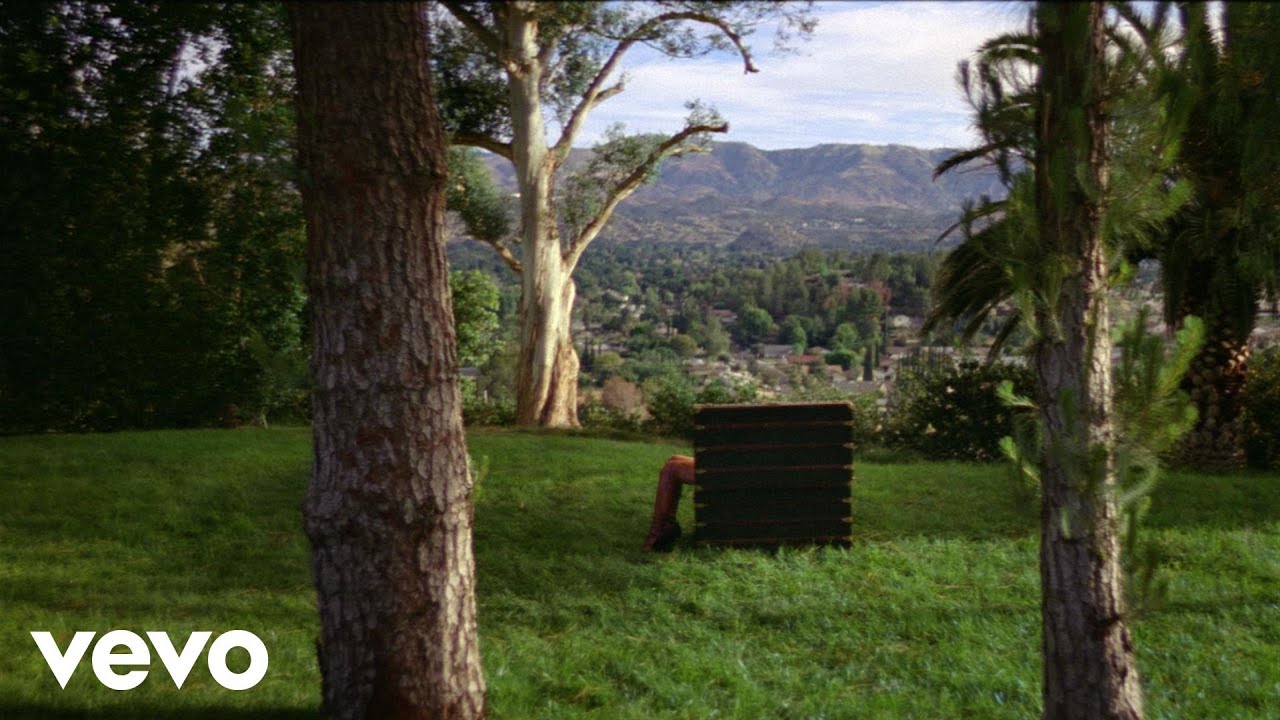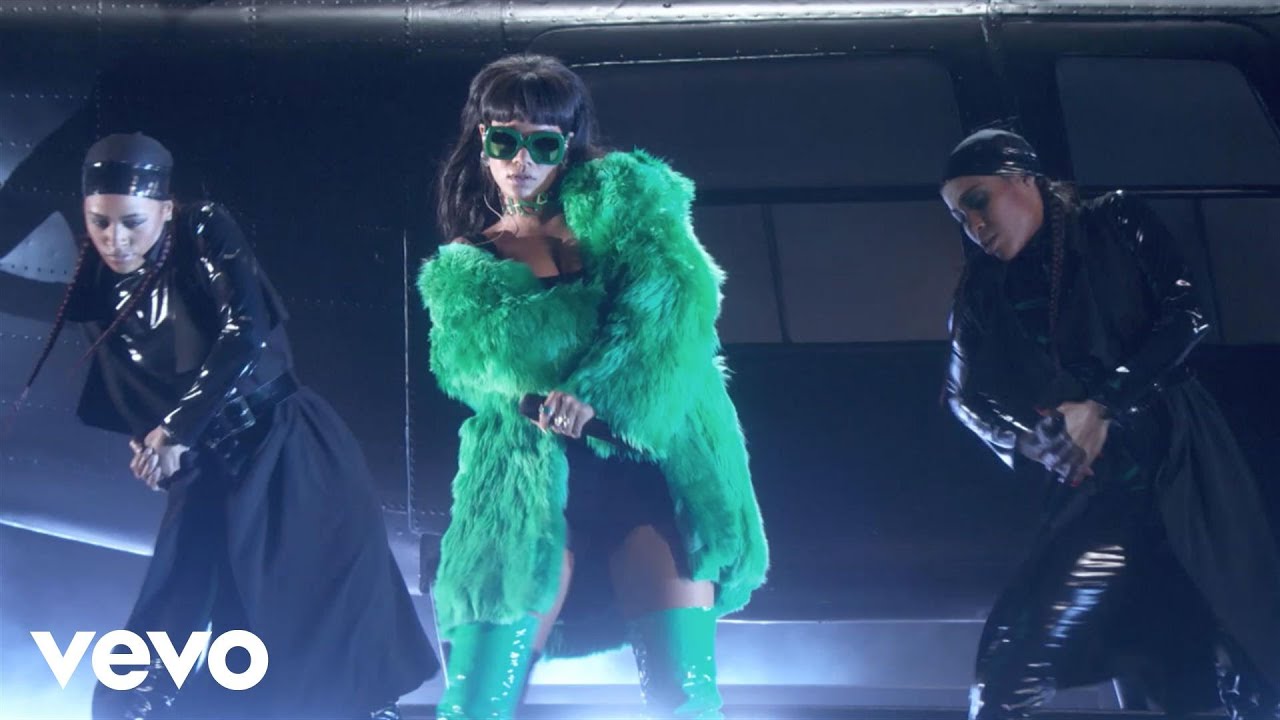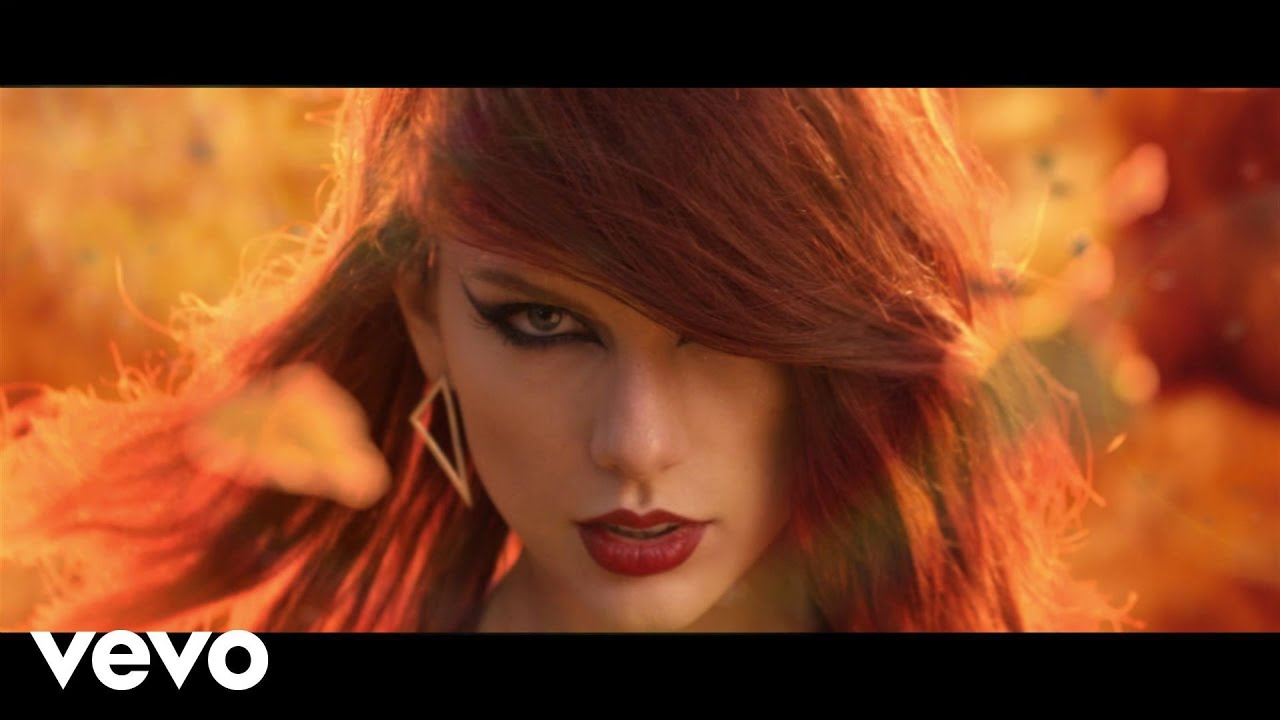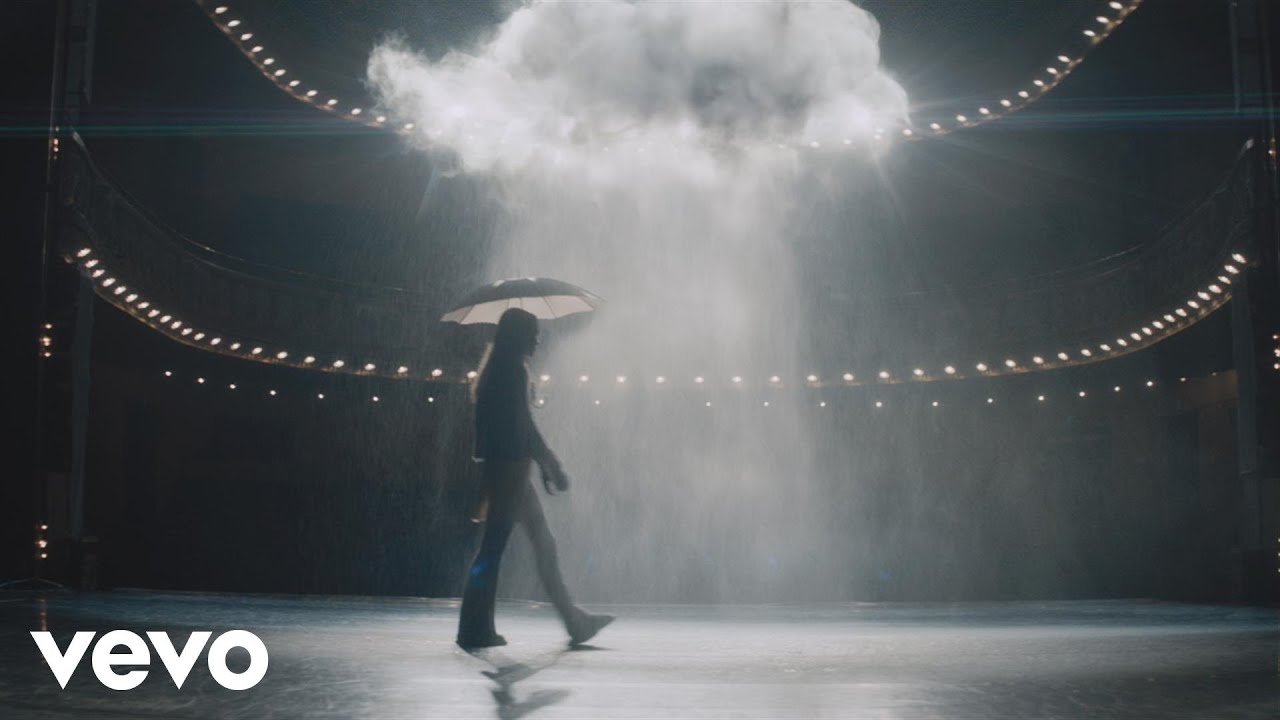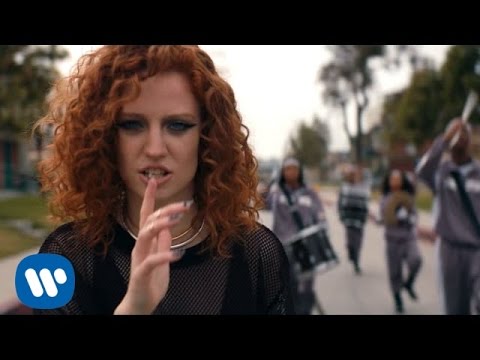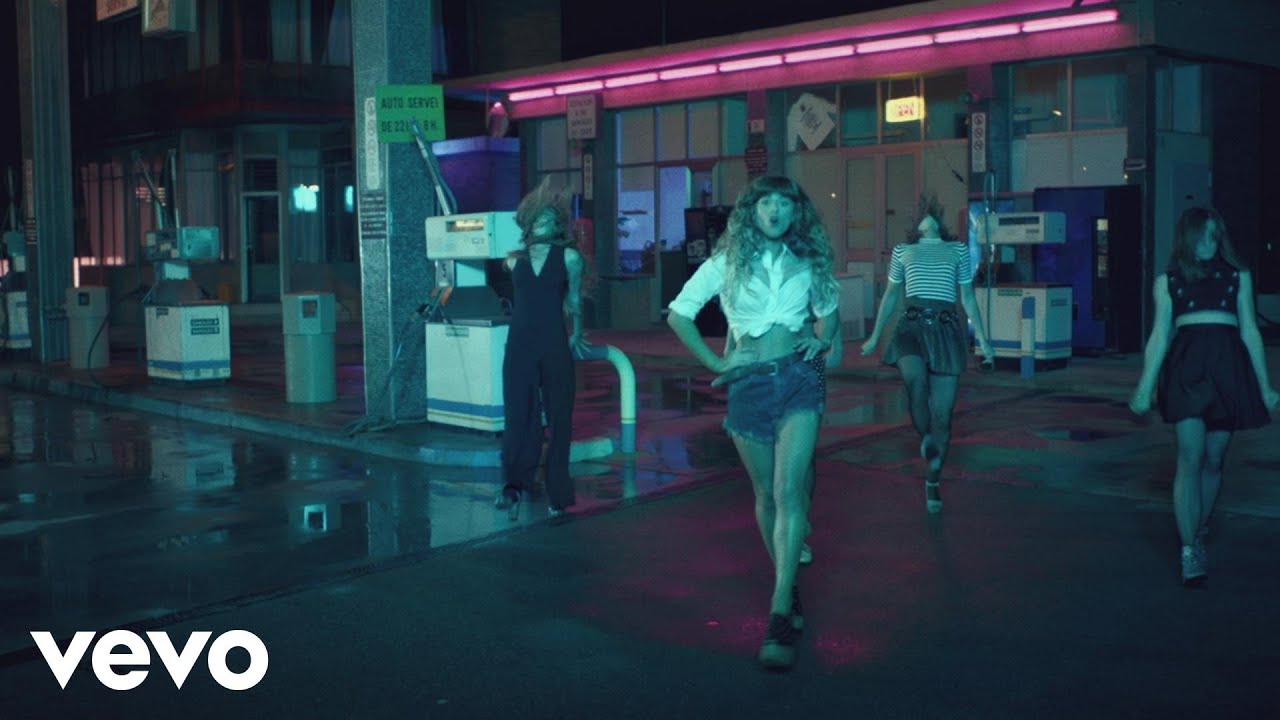A stage is a platform, even one bathed in neon light, adorned with oversized Candyland inflatables and pulsating with gargantuan LED screens. Lately it seems that – along with spinning infectious hits – contemporary pop stars have a concurrent mission, namely to use the hyper-visibility of their position to talk loud and say something.
For the most part this is the preserve of female artists who seem, almost en masse, to be punching their way out of the thick crusted music industry shell that has previously contained them and given shape to all manner of tawdry stereotypes. Back in June, Iggy Azalea took to Twitter to denounce a fabricated ‘feud’ between herself and Britney Spears, which materialized after their recent collaboration ‘Pretty Girls’ failed to light up the charts. Ariana Grande used the same medium to publish her own thoughts on the industry’s inherent double standards and her fatigue with only being discussed and questioned in reference to the details of her love life. “I’m tired of living in a world where women are mostly referred to as a man’s past, present or future PROPERTY/POSESSION. I…do. not. belong. to anyone. but myself. and neither do you.”
Grande’s screen grab of iPad notes – with its idiosyncratic, unchecked syntax – is a telling example of how female pop stars are individually navigating their way to a sense of empowerment. Owning her activist heritage and her position as a young woman with a vast audience before her, Grande’s letter proves that an emphatic use of caps lock does not preclude a firm grasp on the ideas of Gloria Steinem. Without shedding its surface glitter, pop is gaining both depth and a more forceful voice. A cause can be communicated just as well through striking visuals, the simple structure of a pop song or via the chatty, confessional climes of social media that connect acts with their fans. Your message is your medium; if you’re Taylor Swift for example, then penning a polite, if firm letter to Apple on you blog is the best way to take on a big business’ less than fair approach to artist compensation. If you’re Rihanna however then you tackle similar issues by releasing a fully unapologetic stormer of a track called ‘Bitch Better Have My Money’ and basically turning the internet upside down.
I’d had ‘BBHMM’ pelting round my brain for weeks before its now controversial video emerged a fortnight ago. A churning trap song with scattershot vocal rhythms designed for hollering – this is a different kind of anthem for Rihanna, one which is collective without pandering to any washy euphoria. The bold demands of her lyrical delivery resonate with a warm sense of satisfaction – formidable, un-meek and infectious. In an early, live performance of the song Ri commands the stage in Gotham City blacks and greens, her body jerking perfectly in time to each staunch beat – her personal connection to the narrative spilling over into gestures.
Any merit of the song itself has now been more or less overshadowed by the video which rides inevitable dichotomies of feminism in action vs a kind of civil misogyny; and cultural empowerment vs disastrous appropriation. It’s true that, in places, the official video is not an easy watch. But while these varying arguments are vital to hear, I’d venture a reading of it as a stark, perverse role play – a straight up switcheroo. With this remorseless pulp fiction maybe Rihanna is telling us that her personal trajectory through the annals of success has been so male dominated that even her revenge fantasies are not her own. Perhaps it’s all she can do is transpose herself into this landscape of classically masculine/gangster behaviours – chicks in trunks, kidnap and escape, watery graves.
In another telling parallel, Taylor Swift released a combative behemoth in the shape of her video for ‘Bad Blood’, the fourth single from her 2014 album 1989 – a slicker, more refined version of the album cut that replaced her sung verse with a pensive and brooding guest vocal by Kendrick Lamar. There was no such controversy surrounding this video’s Sin City-esque premise of girl on girl violence, which begins with Selena Gomez booting Swift through a plate glass window.
While playing out the song’s allusions to betrayal and broken friendships, T’s twist is that these warring factions are portrayed by a bevy of her own BFFs, peers and personal heroines including Lena Dunham, Ellie Goulding and Hayley Williams of Paramore. Swift sings of revenge, she’s gunning for a fight but, in her gargantuan live show – currently on tour and stopping recently at London’s Hyde Park – this song provides the opportunity to invite some of these woman to her share her stage where they can be euphorically revered. Swift too – can pull a switcheroo.
While Rihanna and Swift dominate the hardest and softest poles of this defiance, there are plenty of other artists following in their tracks; one of these is 22 year old Tove Styrke who’s second album Kiddo was released in June. A previous runner up in her native Sweden’s version of The X Factor, Styrke has no little experience of the industry’s machinations and affirms the fact through every interview and deft lyric she crafts. In late 2014 she released the single ‘Borderline’ – a supine reggae rhythm with an endlessly catching chorus and coda of hypnotic, breathy intonations, not to mention lyrical content that concerns – in her words – ‘smashing the patriarchy – burning it down.’ Following that came the smooth but damning croon of ‘Ego’, which cautions against believing your own hype and thrums with a danceable groove reminiscent of ‘Love At First Sight’ era Kylie. While many of the tracks on Kiddo have a darker edge, upcoming single ‘Number One’ confirms Styrke’s loyalty to the pop canon in no uncertain terms. It twinkles with bright bursts of percussion, a beat thumps, the half spoken pre-chorus drips with cool before building to an anthemic refrain that sticks fast in your head.
The track crystallises her frustration at the fact that being a young female who takes pleasure in the levity of pop, brings with it an assumption that you’ve nothing of substance to say. Not so insists Styrke – “You’re only 18 / But you’re a killing machine” she warns/affirms on the chorus, drowning out bullshit with ‘stomps to the beat’ – a Billboard battle-cry. She’s the owner of a strident opinion championing pop music as a means to communicate big ideas to the masses; a unique singing voice, growling, glassy yet perfectly capable of swooping crescendos, and a skill for penning future classics of the genre. If this isn’t enough to make giant cartoon love hearts pulsate from your eyeballs then I don’t know what is. ‘Number One’ is released on August 14.
Another tantalizingly unique sound comes courtesy of Zimbabwe born, Adelaide based artist Tkay Maidza who has been making a name for herself of late supporting Years & Years on their UK tour and guesting with Charli XCX. These live appearances have ensured that her most recent single ‘M.O.B’ has been given ample opportunity to shimmer before the summer fades to grey.
In short, this track is sick. Maidza is a triple threat with an ear for hi-octane dance beats, a sweet, soulful vocal that sits pretty over crisp, trippy rhythms and a fearsome flow that rolls Nicki-like but with a different kind of playground tough. The track is a letter to the 19 year old’s future self – a wised-up incantation that drills in the importance hard work and firm footing to get her and her music where she wants it to be. The title acronym stands for ‘Money over bitches’ but the verse reminds ‘This song’s about cash but I’m not ‘bout the money / I do it cause I don’t like feeling funny’ – echoing Swift and Rihanna’s sentiments with a new voice and a wisdom beyond her years. Maidza is currently working up her debut album, slated for release later in 2015
Elsewhere, on stages across the world, marionette behaviour and the lazy hoodwink of miming have been shoved aside in favour of artists that can sing – really sing. This was borne out by a proliferation of chart acts at this summer’s festivals, with Ella Eyre and Charli XCX among Glastonbury’s more mainstream highlights and Paloma Faith hovering dangerously close to a headline slot. Over at Radio 1’s Big Weekend, Jess Glynne reigned supreme, cementing her place as the most ubiquitous and defining voice of pop in 2015.
London born Glynne has spent more time at Number One than anyone else in the last 12 months, on collaborations with Clean Bandit, Route 94 and most recently Tinie Tempah for the relentlessly summery ‘Not Letting Go’ which smashed into the top of the charts at the end of June. Her simple chorus trill with its clubbier beats is zest against Tempah’s smooth rap with its lyrical allusions to R Kelly and rhythmic links to Estelle and Kanye West’s ‘American Boy’ – making this the rightful heir to that most adorable and breezy of duets.
Sloughing off the trappings of the ‘featured’ artist Glynne’s upcoming solo single ‘Don’t Be So Hard On Yourself’ is a fitting climax to her story so far. It’s instantaneous and uplifting, channelling her voice into multiple registers – from bassy and soulful to glistening and euphoric; it doesn’t skimp on string-laden dancefloor swell but her performance is at the fore – her supple voice matching the sheer motivational speed and buoyant positivity of the melody.
It’s a rare kind of singer that can rise above a club track and elevate it to an anthem, and Glynne’s success is that her vocal is synonymous with energy, with taking things up a notch and refusing to tire. Her style is throaty but clean, almost processed sounding – always skimming the machine surface of a beat and then soaring above it.
Her upcoming debut album I Cry When I Laugh gives her voice space to roam over more varied arrangements, foregounding a strong and passionate gospel feel as well as touches of neo soul and a few softer ballads. Some of them lack bite and sound downright old fashioned against her existing singles but it’s confirmation of Glynne’s sound as a sonic raising agent, billowing lift and lightness into the stodgiest of tracks. ‘Don’t Be So Hard On Yourself’ is out on August 14 followed by the album a week later.
Initially following a similar trajectory of ‘guest vocalist’, Lousia Rose Allen aka Foxes is finally gaining some individual ground as the owner of one of the best pop voices going. In an intimate acoustic performance earlier this month – Allen powerfully proved that she can hold her own outside of the cushy environs of juiced up production. She seems to be waiting on the wider success that’s owing to her, despite a 2014 Grammy win in the dance category and an appearance (in the company of Kylie, Sia and Britney Spears) on Giorgio Moroder’s recent album Déjà Vu. That, if nothing else, proves that her voice has the trappings of a classic pop sound – wrapping warmly around your ears and emotively cracking in just the right places. Her second album provisionally titled All I Need is in the making and due out later in the year, while ‘Body Talk’ – something of a comeback single – gets its release on July 24.
‘Body Talk’ has the hallmarks of perfect pop and sounds unmistakably like an artist finally comfortable in her own skin. 80s tinged, disco-dark and constructed around infectious hooks, the track unfolds a universally romantic dilemma; the ease of her vocal, smokily licking the edges of the song while un-polished choreography makes for a satisfyingly relatable video. There’s also the sense of Allen’s own songwriting coming to the fore; you can tell when words have been put into someone’s mouth – such as on Zedd’s ‘Clarity’ for which she provided the Grammy winning vocal. ‘Body Talk’ however is about moving on from the past and taking control – in other words crafting pop that’s innate and physical. "I knew immediately what I wanted” she says of her upcoming album, “and I was at the reins of it this time.”
Last but not least is a brand new voice, stealthy emerging from the same stable as Sam Smith and already leaving light, silvery trails over the airwaves. Frances is 21 years old, hails from Newbery and possesses a voice ghosting with Adele and sharing a similar gift for expressing quietly grandiose music.
Her EP Grow, released last week, is a bold initial step into the limelight, free of the meddlings of hype and complex production. Against piano and wisps of overlaid vocal, Frances delivers a faultless an saccharine-free ballad of a quality that comes along once in a blue pop moon. There’s little doubt we’ll hear more from her as the year progresses, either in the simple, soulful guise of the EPs title track, or following the louche style of ‘When It Comes To Us’ a collaboration with Ritual – with its dreamier, ambient shades. More than anything however, Frances’ piano confessionals carry the tantalising feeling that you’re listening in on something nascent and unspoiled. This is most evident on the live demo of ‘Red Thunder’ which captures a raw, unfiltered voice, nurtured in secret and about to echo against the walls of much bigger rooms. It’s thanks to artists like Adele – who Frances will have grown up listening to – that the needless molding and processing of an artist into something they are not is becoming a thing of the past. Her work, and the work of her contemporaries, is getting the chance to speak for itself.
Pop is in full voice in more ways than one – listen up and listen good.


